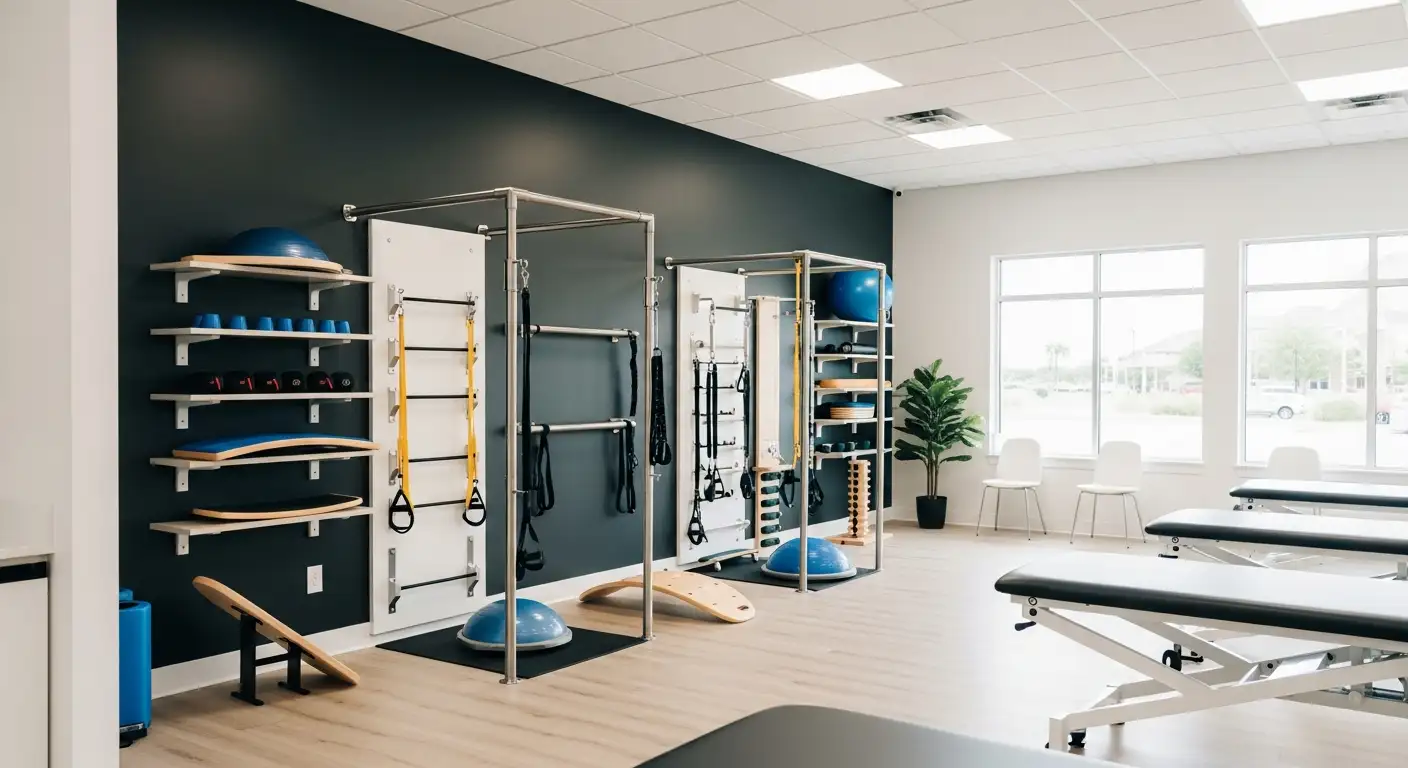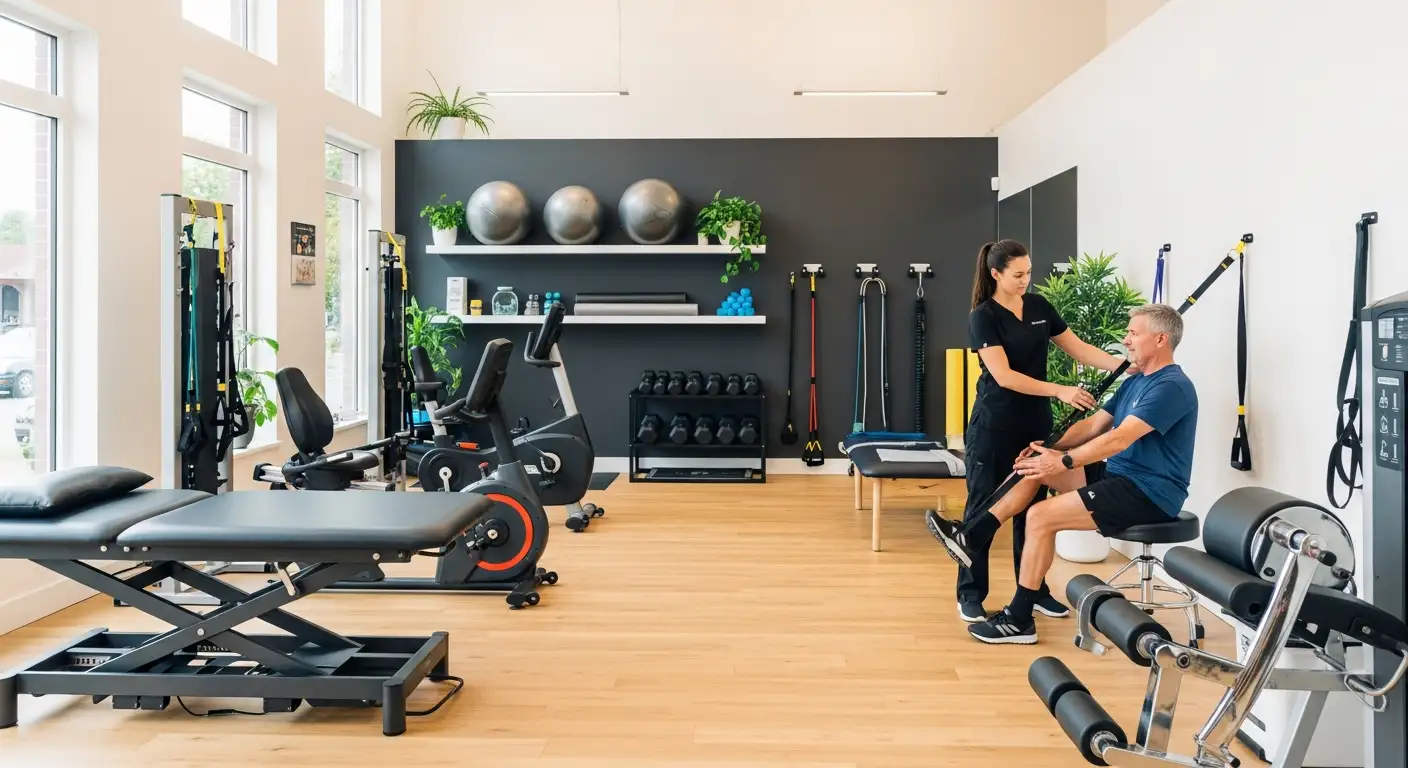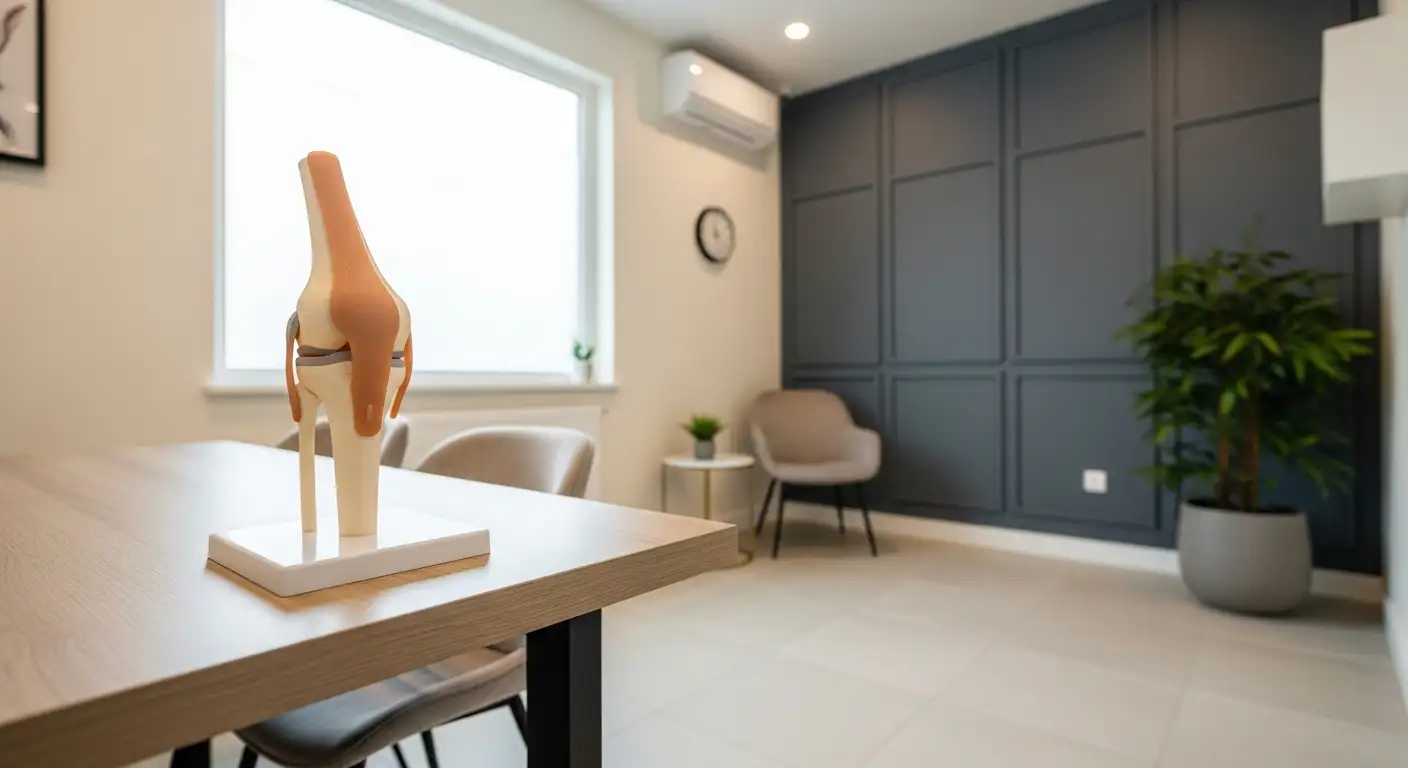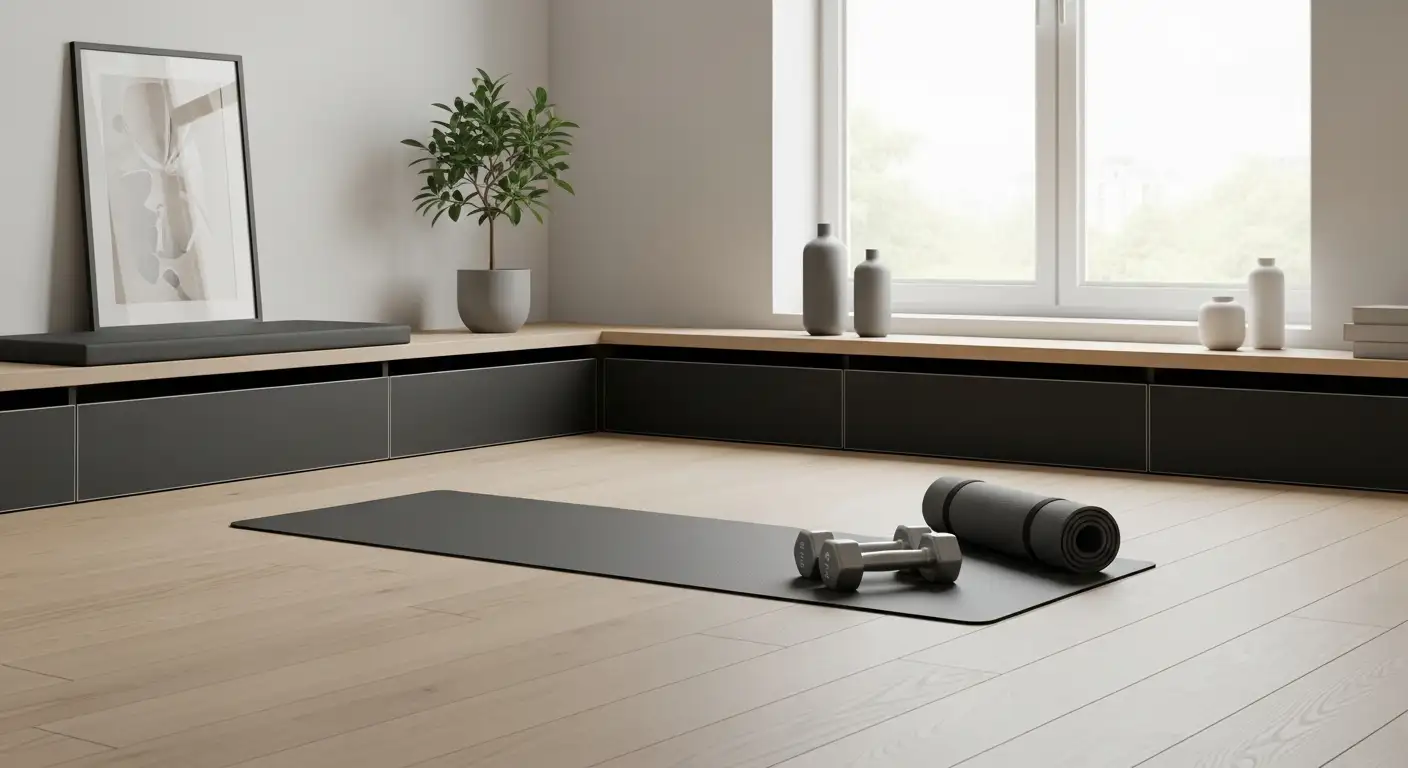Understanding the Psychological Toll of Chronic Knee Pain
Living with chronic knee pain extends beyond physical discomfort. It deeply affects emotional and psychological health, often leading to feelings of hopelessness, anxiety, and social isolation. Recognizing the complex link between mental health and physical pain is vital for effective management and improved quality of life.
The Interconnection of Pain and Emotional Health
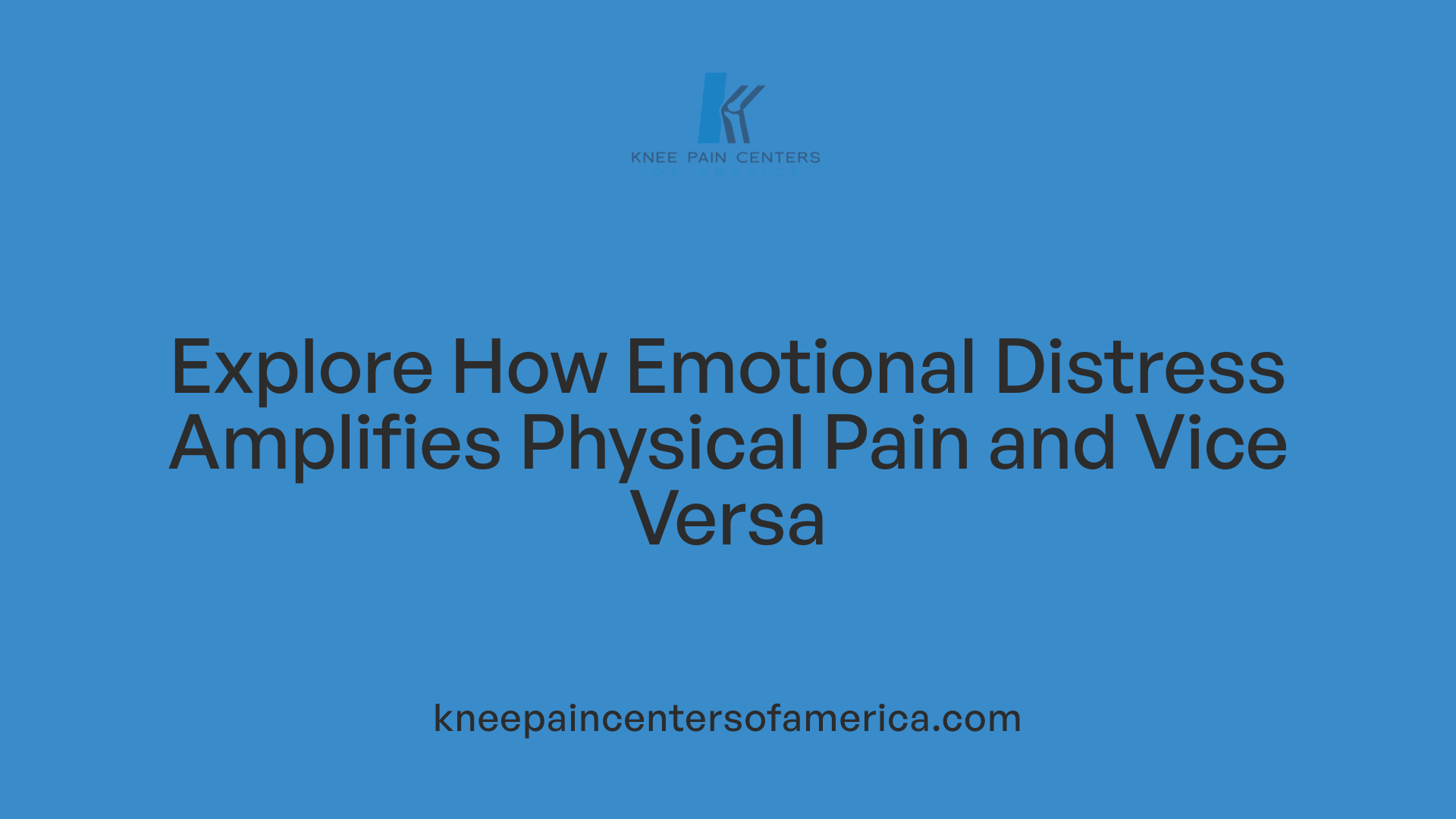
How can chronic pain affect emotional and psychological well-being?
Living with chronic pain, such as knee pain from arthritis, has profound effects beyond physical discomfort. It often leads to emotional challenges like depression, anxiety, and overall distress. The ongoing sensation of pain can cause feelings of frustration, hopelessness, and social withdrawal, especially when pain limits mobility and daily activities.
Moreover, the relationship between pain and mental health is bidirectional. Emotional distress can intensify the perception of pain, making it even harder to cope. Feelings of fear, helplessness, and sadness can create a feedback loop, amplifying both emotional suffering and physical discomfort.
Chronic pain can also interfere with sleep, work, and social interactions, which are essential for emotional well-being. Disrupted sleep and social isolation, in turn, can deepen feelings of depression and anxiety. Recognizing the interplay between mind and body is essential for effective treatment, emphasizing both physical management and psychological support to improve quality of life.
How does the bidirectional relationship between physical pain and mental health manifest?
The connection between pain and mental health involves complex brain processes where emotions influence pain perception. Brain regions involved in emotion regulation and pain processing interact, meaning that emotional states like stress and anxiety can heighten the feeling of pain.
Conversely, persistent pain can alter brain chemistry, leading to mood disturbances. For example, chronic pain often results in increased stress hormones like cortisol, which can contribute to depression. The mental effort required to cope with ongoing pain involves emotional hard work and resilience, but if neglected, it can lead to sustained psychological issues.
Addressing both aspects through therapies such as cognitive-behavioral therapy (CBT), mindfulness, and social support can help break this cycle. Effective pain management, combined with mental health care, enhances overall well-being and provides individuals with the tools to handle the emotional toll of chronic pain.
Strategies for Enhancing Mental Resilience and Emotional Well-being
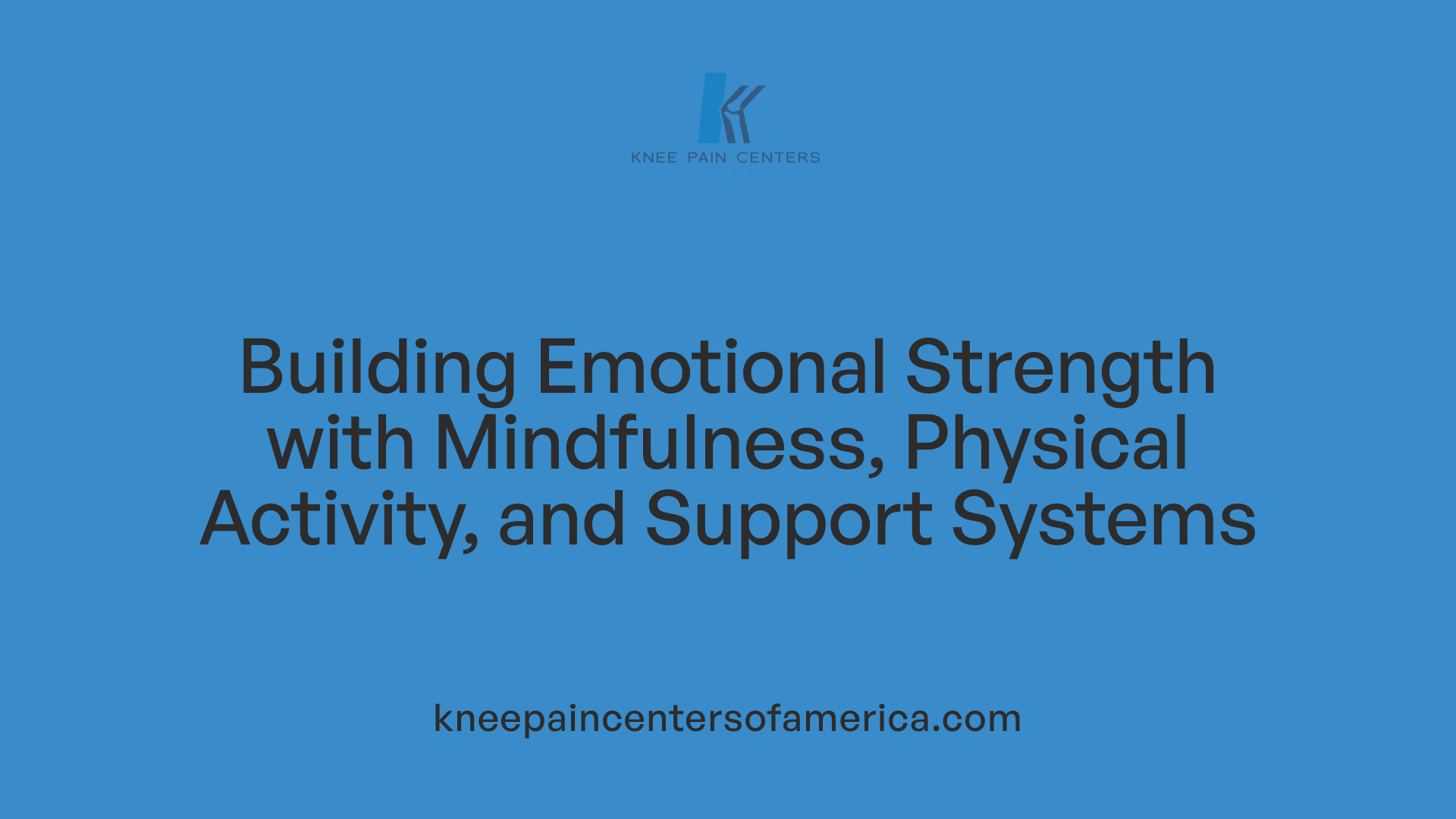
What strategies can help improve mental health and build emotional resilience in individuals with chronic pain?
Managing chronic pain involves not only addressing physical symptoms but also supporting emotional health. To bolster resilience and improve mental well-being, a variety of practical strategies can be employed.
First, relaxation techniques such as mindfulness, meditation, and deep breathing exercises are effective tools. These practices help reduce stress, lower physiological tension, and foster a sense of calm amidst ongoing pain. Regular engagement in these techniques can significantly diminish feelings of anxiety and emotional overwhelm.
Physical activity plays a vital role in resilience building. Low-impact exercises like yoga, tai chi, and swimming are gentle on joints while enhancing mobility, flexibility, and strength. These activities not only alleviate pain but also boost mood through the release of endorphins, helping individuals feel more in control of their condition.
Cognitive-behavioral approaches offer valuable psychological support. Techniques such as challenging unhelpful thoughts, practicing acceptance, and setting realistic goals can reduce catastrophizing and foster a positive mindset. Acceptance and Commitment Therapy (ACT) encourages embracing pain without resistance, leading to better emotional adaptation.
Social support is essential for resilience. Participating in support groups, engaging in therapy like CBT, and leaning on loved ones can combat social isolation and provide emotional reinforcement. Sharing experiences and coping strategies fosters a sense of community and understanding.
Lifestyle modifications also contribute to emotional strength. Maintaining good sleep hygiene, managing daily activities through pacing, and creating a balanced routine help prevent stress overload. Relaxation methods and managing stress levels are complemented by proper sleep, which is crucial for mental health.
In summary, a holistic approach combining physical activity, psychological strategies, and social support can significantly enhance emotional resilience. These methods empower individuals to better cope with chronic pain, leading to improved mental health and overall quality of life.
How does building emotional resilience with chronic pain improve overall quality of life?
By actively cultivating resilience and emotional well-being, individuals are better equipped to handle the challenges of chronic pain. They experience less emotional distress, fewer feelings of helplessness, and a greater sense of control. This positive outlook and adaptive coping not only alleviate mental health issues but also facilitate engagement in meaningful life activities, social interactions, and self-care. As a result, their overall quality of life is notably improved, demonstrating the importance of integrating emotional resilience strategies into pain management plans.
The Power of Mind-Body Practices in Pain and Mood Management
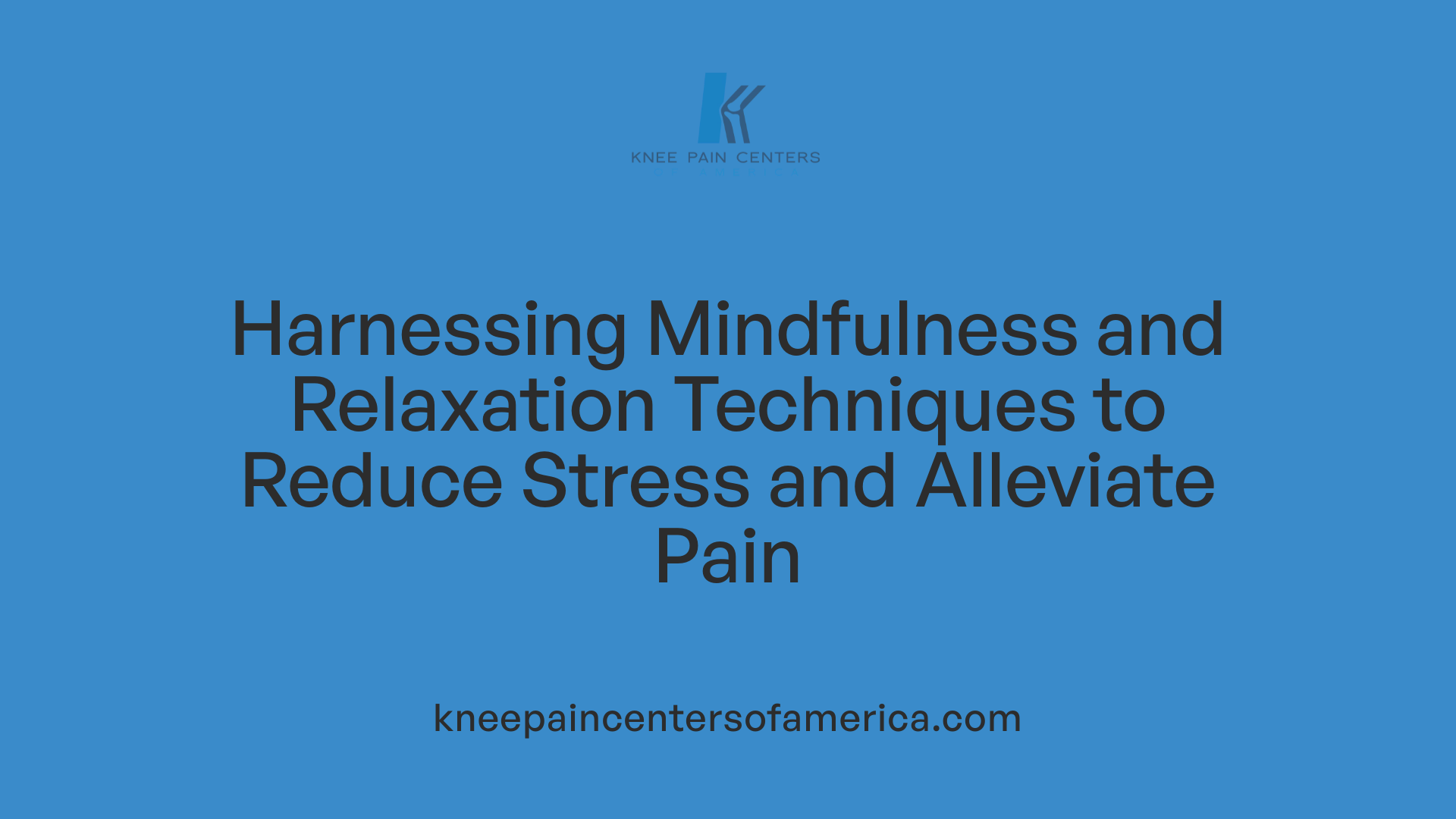
How do mindfulness and relaxation techniques help manage stress and reduce pain perception?
Mindfulness and relaxation techniques play a vital role in helping individuals cope with chronic pain and emotional distress. By focusing attention on breathing, bodily sensations, or specific calming visualizations, these practices help calm the nervous system, reducing the body's stress response. Techniques such as guided meditation, deep breathing exercises, and progressive muscle relaxation help break the cycle where stress amplifies pain, and pain increases stress.
When practiced regularly, these methods can alter how the brain processes pain signals. They decrease activity in pain-related brain regions, such as the anterior cingulate cortex and somatosensory areas, leading to a perceived reduction in pain intensity. Additionally, mindfulness encourages a non-judgmental awareness of thoughts and feelings, which can diminish emotional reactions like anxiety and depression that often accompany chronic pain.
Practicing mind-body techniques such as yoga and tai chi supports both physical and mental well-being. These practices enhance flexibility, improve joint function, and foster emotional balance—effects that promote overall pain resilience. Regular engagement in these activities not only reduces physical stiffness but also builds a mental sense of control and calm.
Integrating these approaches into daily routines can yield long-term benefits. Consistent practice helps maintain mood stability, decreases anxiety, and improves sleep patterns, all of which contribute to lowered pain perception. Consequently, mindfulness and relaxation techniques are powerful, accessible tools for managing both emotional and physical aspects of chronic pain, ultimately improving quality of life.
Understanding the Role of Therapy and Support Systems
How does cognitive-behavioral therapy (CBT) help individuals manage mental health issues related to chronic knee pain?
Cognitive-behavioral therapy (CBT) is a proven psychological approach that helps individuals identify and challenge unhelpful thoughts such as catastrophizing, black-and-white thinking, or emotional reasoning. By reframing these thoughts, patients can reduce feelings of fear and hopelessness associated with chronic pain. CBT also teaches practical coping strategies, including relaxation techniques and behavioral activation, which support emotional resilience.
Why are social connections and support groups crucial for those living with chronic knee pain?
Living with persistent pain can lead to social isolation and emotional distress. Support groups and maintaining strong social networks provide emotional solace, shared experiences, and encouragement. These connections help individuals feel understood and less alone, which can significantly boost mood and improve overall mental well-being.
What role do healthcare professionals play in supporting mental health in chronic pain management?
Healthcare providers are essential in delivering tailored interventions that address both physical and emotional aspects of pain. They can offer counseling, recommend mental health therapies like CBT, manage medications for depression or anxiety if needed, and make referrals to specialists. This holistic care approach aims to improve the individual’s quality of life by simultaneously targeting pain and psychological issues.
How does addressing stigma and promoting early mental health intervention benefit individuals with chronic knee pain?
Reducing stigma surrounding mental health encourages individuals to seek help sooner, preventing the escalation of emotional distress. Early intervention can lead to better management of depression, anxiety, and stress, which are common companions of chronic pain. Promoting awareness ensures that mental health becomes an integral part of pain management, fostering a proactive attitude and ultimately supporting better health outcomes.
| Aspect | Benefits | Additional Notes |
|---|---|---|
| Cognitive-Behavioral Therapy | Reframes negative thoughts, reduces fear and catastrophizing | Effective in managing emotional responses to pain |
| Social Support | Alleviates feelings of isolation, provides encouragement | Peer groups, family, friends support and understanding |
| Healthcare Professional Support | Offers personalized treatment, medication review, referrals | Ensures holistic care combining physical and mental health |
| Early Intervention & Stigma Reduction | Promotes timely help-seeking, prevents worsening | Cultivates a supportive environment for mental health |
Engaging with therapy and strong support systems enhances coping, reduces emotional suffering, and contributes to better overall management of chronic knee pain.
Addressing Social and Lifestyle Factors for Better Emotional Outcomes
How can lifestyle modifications support emotional health in chronic knee pain?
Implementing positive lifestyle changes can significantly improve emotional well-being in people living with chronic knee pain. Establishing strong social support networks is vital; maintaining connections with family, friends, and support groups helps combat feelings of loneliness and social isolation. These relationships provide encouragement, understanding, and motivation, which are essential for mental resilience.
Sleep quality also plays a crucial role. Developing good sleep hygiene—such as sticking to a consistent sleep schedule, avoiding screens before bed, and engaging in relaxing activities—can enhance sleep patterns. Better rest promotes mood stability and reduces stress levels.
Nutrition impacts not just physical health but also mental health. An anti-inflammatory diet rich in fruits, vegetables, whole grains, and omega-3 fatty acids can help reduce inflammation and improve feelings of well-being. Proper nutrition provides essential nutrients that support brain health and mood balance.
Pacing activities involves balancing physical movement with adequate rest. This strategy helps prevent pain flare-ups and fatigue, fostering a sense of control and accomplishment. It also minimizes the emotional toll associated with overexertion.
Educating loved ones about the emotional challenges associated with chronic pain can foster understanding and patience. Supportive environments alleviate feelings of frustration and helplessness, helping individuals feel more empowered in managing their condition.
Altogether, these lifestyle modifications—social engagement, sleep, nutrition, activity pacing, and family support—create a comprehensive approach to nurturing emotional health, which in turn can positively influence physical pain management in chronic knee pain cases.
| Aspect | Action | Benefit |
|---|---|---|
| Social Support | Maintain connections, join support groups | Reduces loneliness, enhances motivation |
| Sleep Hygiene | Consistent sleep routines, relaxing activities | Improves mood, reduces stress |
| Nutrition | Follow anti-inflammatory diet | Decreases inflammation, supports mental health |
| Activity Pacing | Balance activity with rest | Prevents flare-ups, boosts confidence |
| Family Support | Educate loved ones about emotional needs | Creates a supportive environment |
By integrating these elements into daily routines, individuals with chronic knee pain can experience better emotional resilience, which supports overall pain management and quality of life.
Supporting Long-term Emotional Well-being
Managing the emotional and psychological effects of chronic knee pain requires a multifaceted approach. Incorporating mental health strategies such as mindfulness, cognitive-behavioral techniques, and building social support can significantly improve resilience and overall well-being. Healthcare providers’ role in early intervention, therapy, and tailored support is crucial. Lifestyle adjustments, including proper sleep, nutrition, and pacing activities, complement mental health practices. Recognizing the mind-body connection and actively addressing emotional health as part of holistic pain management can empower individuals to live fulfilling lives despite their knee pain. Continuous effort, patience, and support are key to overcoming the emotional struggles associated with chronic knee pain.
References
- Emotion-Pain Connection - Arthritis Foundation
- The Psychological Impact of Living with Chronic Knee Pain
- Supporting loved one with chronic pain - Mayo Clinic Health System
- Chronic joint pain vs mental health: physiotherapist advice
- How Mental Health Impacts Your Joint Health Explained - Ortho United
- Living with Chronic Knee Pain. Managing Depression and Anxiety
- The hard work of self-management: Living with chronic knee pain
- Chronic pain and managing your mental health | NHS inform
